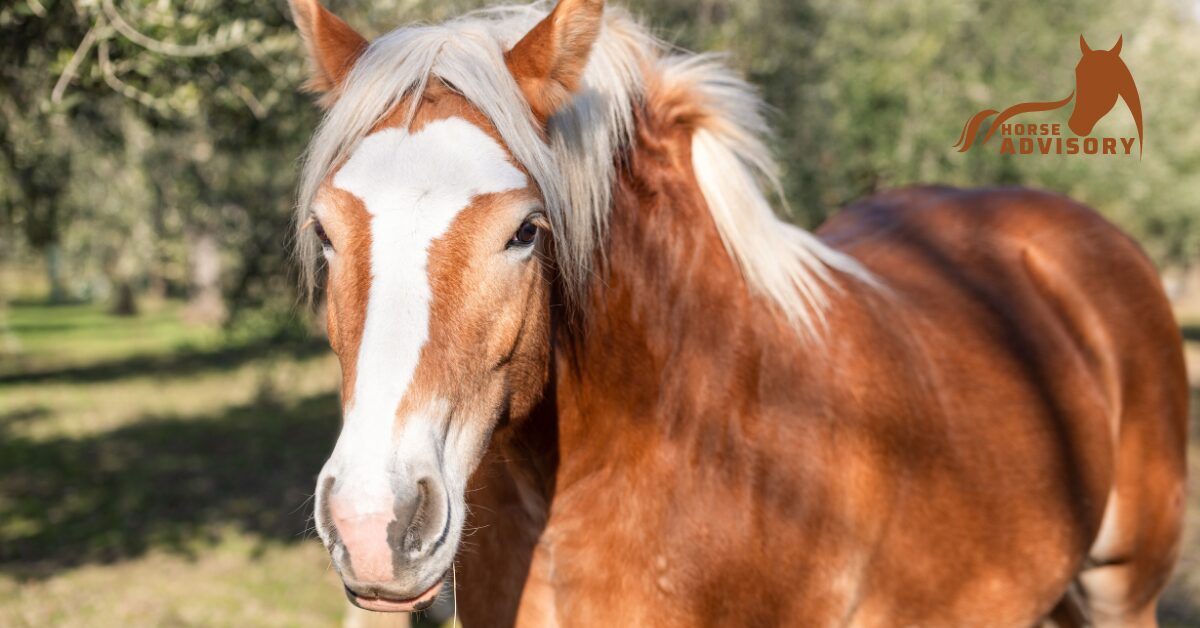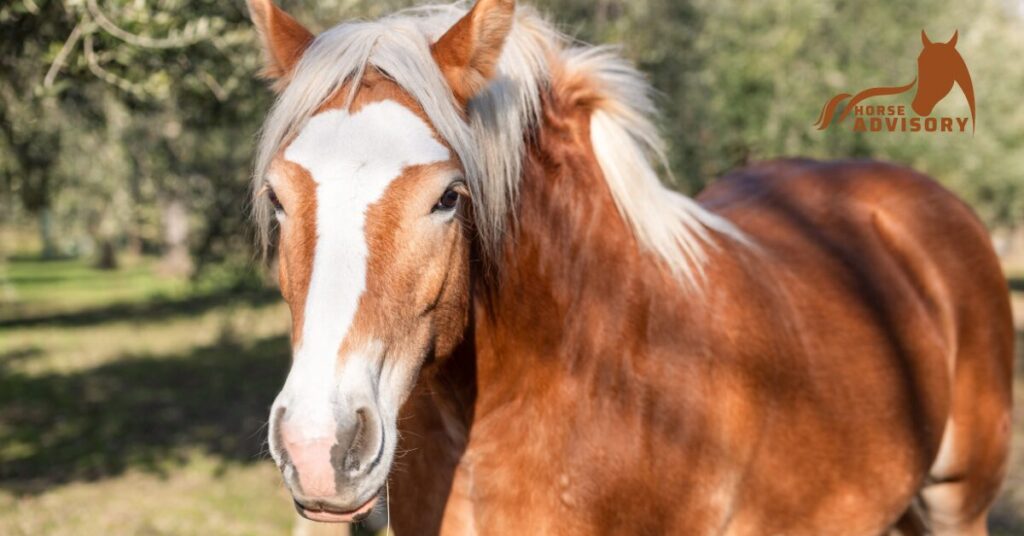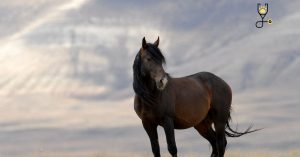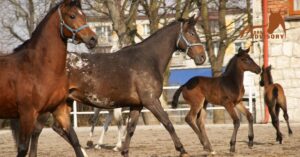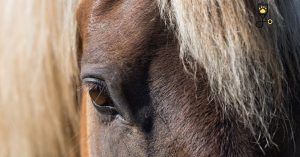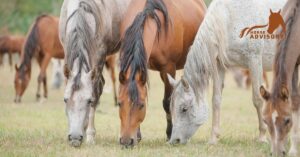Welcome to our exploration of the Curly Horse, a breed that stands out in the equine world for its unique attributes and fascinating history. In this blog post, we’ll delve into the origins, characteristics, temperament, and the role of these extraordinary horses in various equestrian disciplines.
History and Origin of the Curly Horse
The exact origins of the Curly Horse, also known as Bashkir Curly, American Curly or North American Curly, remain somewhat of an enigma, adding a layer of intrigue to this already fascinating breed. The first recorded sightings of these distinctive horses date back to the early 19th century in North America. However, their lineage before this period continues to be a subject of debate among equine historians and enthusiasts. Some theories suggest that they may have descended from Iberian horses brought over to the Americas by Spanish explorers during the age of colonization. Other hypotheses propose that they could be descendants of Russian horses imported during the era of the fur trade.
Despite the uncertainty surrounding their ancestry, what is known about the Curly Horse is its evolution into a remarkably resilient breed. Over the centuries, these horses have adapted to thrive in diverse climatic conditions, particularly harsh ones.
This hardiness is attributed to their unique genetic makeup, which has equipped them with a curly coat of hair providing insulation against cold weather. This distinct coat is not just a winter phenomenon; it’s a year-round feature that varies from slight waves in the summer to tight curls in the winter. This adaptability to extreme climates is a testament to the breed’s robust nature, making them a favored choice for many horse owners who live in regions with challenging weather conditions.
The Curly Horse’s evolution hasn’t been limited to physical adaptations. These horses have also developed commendable traits such as endurance, agility, and a calm demeanor. Their ability to form strong bonds with humans, combined with their intelligence and friendly disposition, make them suitable for riders of all experience levels. Whether their ancestors were Spanish warhorses or Russian steppe horses, the modern Curly Horse has certainly carved out its own identity – one that stands out in the equine world for its resilience, versatility, and unique charm.
Unique Characteristics of the Curly Horse
The Curly Horse breed is instantly recognizable due to its most distinguishing feature – a uniquely textured coat that ranges from slight waves to tight ringlets. This isn’t a seasonal change; the curls are present all year round, though they are more prominent during the winter months. This distinct coat isn’t just for show; it provides the breed with superior insulation against harsh weather conditions, further testifying to their hardiness. The coat, along with their mane and tail, often sheds in the summer, only to regrow as the weather cools. Their eyes, often described as expressive and intelligent, add to their overall appeal.
Beyond their distinctive appearance, the Curly Horse has another remarkable characteristic – hypoallergenic properties. Unlike most horse breeds, Curly Horses produce a different protein in their hair, which means they typically don’t trigger allergic reactions. This makes them an excellent choice for equestrian enthusiasts who are usually allergic to horses.
But the uniqueness of the Curly Horse doesn’t stop at their coat and hypoallergenic traits. These horses also possess a robust constitution, sturdy hooves, and a resilient nature. They are known for their endurance and ability to thrive in varied climates and conditions, making them a versatile and adaptable breed. Whether for work or pleasure, the Curly Horse’s unique characteristics make them a standout choice in the equine world.
Temperament and Personality
The Curly Horse, much like its unique coat, possesses an endearing temperament that sets it apart from many other breeds. Renowned for their calm and friendly demeanor, these horses are often described as intelligent, sociable, and eager to please. Their patient and composed nature makes them an excellent choice for novice riders or those with limited horse handling experience. However, their intelligence and quick-learning abilities also make them a joy for more experienced riders to handle and train.
Their sociability extends beyond their interactions with humans. Curly Horses are also known to get along well with other horses and animals, making them ideal for multi-animal households or farms. The ability to form strong bonds with humans is another key characteristic of this breed. They are known for their loyalty and affection towards their human caretakers, often forming lifelong bonds. These traits, coupled with their impressive adaptability, make the Curly Horse suitable for riders and horse lovers of all experience levels.
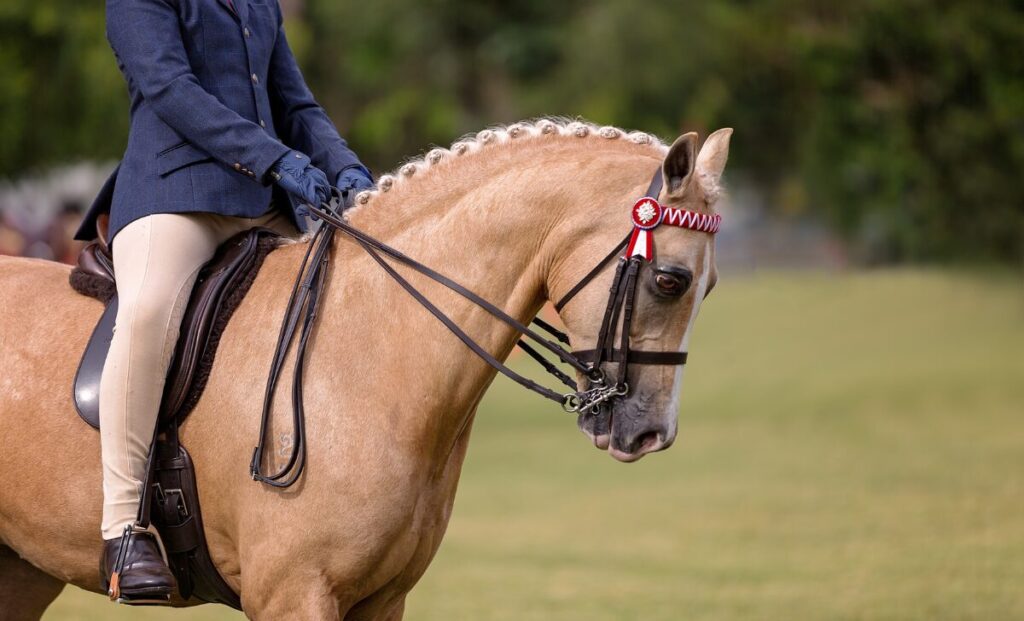
The Curly Horse in Various Disciplines
The versatility of the Curly Horse truly shines through when it comes to their performance in various equestrian disciplines. From trail riding and ranch work to competitive arenas like dressage and show jumping, Curly Horses have proven their mettle time and time again. Their endurance, agility, and cooperative nature make them highly adaptable to diverse riding styles and disciplines.
In trail riding, their sure-footedness and calm disposition make them reliable companions, able to navigate varied terrains with ease. On the ranch, their strength, endurance, and willingness to work contribute to their effectiveness in tasks such as herding cattle or pulling loads. In competitive disciplines, their agility, speed, and quick learning ability allow them to excel in events like dressage, show jumping, and even endurance racing.
Their cooperative nature and keen intelligence also make them excellent candidates for therapeutic riding programs. Their hypoallergenic properties further enhance their suitability for such roles, as they can be around individuals who might otherwise struggle with allergies around horses. The Curly Horse’s versatility, combined with their unique characteristics and endearing temperament, truly make them a standout breed in the equestrian world.
Health and Lifespan
Curly Horses are generally known for their robust health and longevity, with a typical lifespan mirroring that of other horse breeds, which is around 25 to 30 years. Their resilience to harsh weather conditions is a testament to their hardiness, and they are known to have fewer issues with hoof diseases compared to some other breeds. This does not mean they are immune to all equine health issues, however. Like all horses, they require regular veterinary check-ups to ensure they remain in optimal health.
A balanced diet is also crucial for the well-being of a Curly Horse. They need a mix of grains, hay, fruits, vegetables, and plenty of fresh water. Regular exercise is another key factor in maintaining a healthy Curly Horse. Despite their hardiness, they are not immune to the effects of obesity or lack of physical activity. Therefore, ensuring a balanced diet and regular exercise is essential to keep these horses at their best.
Cost and Ownership
The cost of owning a Curly Horse can vary considerably based on factors such as age, pedigree, training level, and overall health. Initial purchase prices can range from a few hundred to several thousand dollars. However, prospective owners should also take into account the ongoing costs associated with horse ownership. These include feed, vet care, boarding, farrier services, and potential training or competition fees.
Owning a Curly Horse, like any horse, requires a significant commitment in terms of time and resources. They require daily care, regular exercise, and social interaction. However, for those who are willing to make this commitment, the rewards are immeasurable. The companionship, loyalty, and satisfaction derived from building a strong bond with a Curly Horse can be a truly enriching experience.
Is the Bashkir Curly Horse Hypoallergenic?
Yes, the Bashkir Curly Horse, also known as the American Curly Horse, is considered hypoallergenic. Unlike most horse breeds, Bashkir Curlies produce a different type of protein in their hair, which means they typically don’t trigger allergic reactions. This makes them an excellent choice for equestrian enthusiasts who are usually allergic to horses. However, it’s important to note that individual reactions can vary, and those with severe allergies should still exercise caution.
What Health Issues Impact the Bashkir Curly Horse?
While the Bashkir Curly Horse is generally known for its robust health, it’s true that they can potentially develop certain genetic disorders. Here’s a brief overview of the two conditions you mentioned:
1. Cerebellar Abiotrophy (CA)
This is a neurological condition that affects a horse’s balance and coordination. It is caused by the death of neurons in the cerebellum, the part of the brain that controls balance and fine motor control. Symptoms usually appear within the first few months of life and can include head tremors, a wide-based stance, and difficulty with sudden movements. While the disease is progressive, affected horses can often live comfortable lives with appropriate care and management.
2. Polysaccharide Storage Myopathy (PSSM)
PSSM is a metabolic muscle disorder that causes muscle weakness and stiffness, particularly in the hind limbs. This condition is due to the abnormal storage of glycogen (a form of sugar that muscles use for energy) in muscle cells. Symptoms can include stiffness, muscle tremors, and reluctance to move. Management typically involves dietary modifications to limit starch and sugar intake and regular, controlled exercise.
Regular veterinary check-ups are essential for early detection and management of these and other potential health issues. It’s also important for breeders to use responsible breeding practices to minimize the risk of these genetic disorders being passed on to future generations.
What Is the Bashkir Curly Horse Used For?
The Bashkir Curly Horse is highly versatile and adaptable, making them suitable for various disciplines. They are robust and hardy, making them excellent work horses on farms and ranches. Their calm and friendly disposition combined with their hypoallergenic properties also make them ideal for therapeutic riding programs.
In the competitive arena, their agility, endurance, and quick learning ability allow them to excel in events like dressage, show jumping, and even endurance racing. Their sure-footedness and calm nature make them reliable trail riding companions, able to navigate varied terrains with ease. Whether for work, competition, or pleasure, the Bashkir Curly Horse’s unique characteristics make them a standout choice in the equine world.
Preservation Efforts and the Future
While the Curly Horse is not currently classified as an endangered breed, efforts by breeders and organizations to maintain and promote this unique breed are crucial. These efforts focus on preserving their genetic diversity, promoting awareness about the breed, and encouraging responsible breeding practices.
Various organizations worldwide, such as the American Bashkir Curly Registry and the International Curly Horse Organization, work tirelessly to protect and promote the breed. They provide resources for breeders, organize events to showcase the breed, and maintain studbooks to track pedigree information.
With these concerted efforts and increased awareness about the unique characteristics and capabilities of the Curly Horse, the future looks promising for this distinctive breed. The hope is that more people will come to appreciate the unique charm of the Curly Horse and contribute to the continued survival and prosperity of this remarkable breed.
Conclusion
The Curly Horse, with its distinctive coat, endearing temperament, and versatile abilities, truly is a unique and uncommon breed. Whether you’re an allergy sufferer longing for equine companionship or an equestrian enthusiast looking for a hardy, adaptable partner, the Curly Horse might just be the perfect match.
